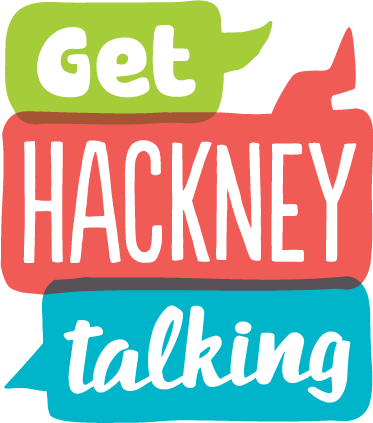Activities to support development of home language
This page is specifically for developing home language use, for languages other than English. As well as these ideas you can of course check out the other activity pages and play those games in your home language.
There is also more information about bilingual language development in the fact sheet section of this website.
- Teach your child traditional songs from your childhood. For younger ones it can be nursery rhymes, but pop songs can also work well. Learning songs involves listening, taking turns as well as singing.
- Tell a story from your childhood in your home language. Traditional stories are important for developing language but also culture. If you feel creative you can of course use props such as puppets or draw faces on your fingers to improvise.
- Go to your local library and see if they have any children’s books in your language. If they don’t then ask. Librarians will usually try and help. http://www.hackney.gov.uk/cl-libraries.htm
- Look on line for stories in your community language. This will expose your child to a range of different vocabulary. There may be animated stories available as well. Just Google ‘children’s stories + (language)’
- Mix with other children who speak the same language. This is especially important from an early age.
- Talk on the phone to relatives and friends in your home language. If your child is reluctant or shy, practice with you first. Skype is great for developing your child’s home language as they can show things as well as talk to listeners.
- With your child make picture books without written words. These can be of stories or real events. Take in turns with your child to tell the story in your community language.
- Find out what topics your child is learning in school and talk about these topics in your home language.
- After you have read your child’s reading book in English look back at the pictures and take in turns to re-tell the story in your home language.
- Do some cooking with your child. This involves lots of language and specific vocabulary. Boys like to cook too!


